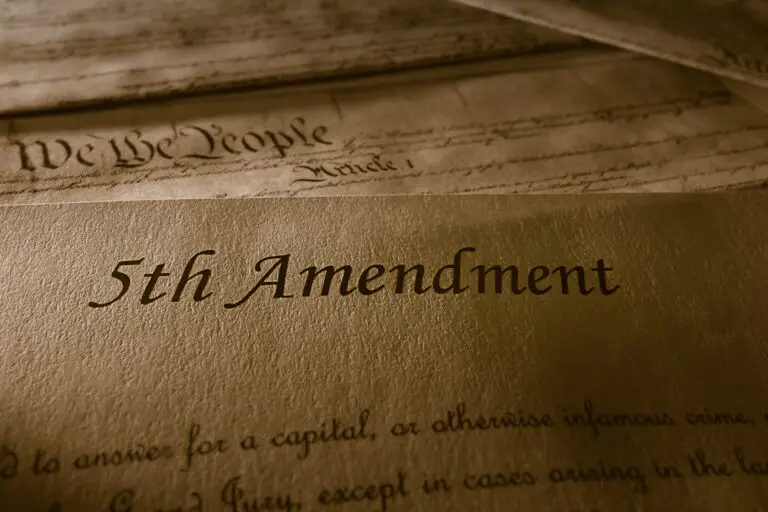Bill of Rights

Table of Contents
What are the Bill of Rights?
The Bill of Rights refers to the first ten amendments to the United States Constitution, which were ratified in 1791. These amendments were added to address concerns raised by Anti-Federalists during the ratification process of the Constitution and to safeguard individual liberties from potential abuses by the federal government.
The Bill of Rights is a crucial component of American constitutional history, embodying fundamental principles of individual rights and limiting the powers of the government.
Bill of Rights Key Moments
The Bill of Rights consists of the first ten amendments to the United States Constitution, and James Madison proposed to address concerns about individual rights and limit the federal government’s power.
The Bill of Rights was ratified on December 15, 1791, and the amendments became effective, ensuring the protection of fundamental liberties for American citizens.
The First Amendment guarantees freedom of religion, speech, press, assembly, and petition, establishing the principles of free expression and civic engagement.
The Second Amendment protects the right of individuals to keep and bear arms, emphasizing the importance of a well-regulated militia for the security of a free state.
The Third Amendment prohibits the quartering of soldiers in private homes during peacetime without the owner’s consent, a response to grievances from the colonial period.
The Fourth Amendment safeguards against unreasonable searches and seizures, requiring warrants based on probable cause for searches and arrests.
The Fifth Amendment protects individuals from self-incrimination, double jeopardy, and deprivation of life, liberty, or property without due process of law.
The Sixth Amendment guarantees the right to a speedy and public trial, an impartial jury, the right to confront witnesses, and the right to legal counsel.
The Seventh Amendment preserves the right to a trial by jury in civil cases, reinforcing the importance of this institution in the American legal system.
The Eighth Amendment prohibits cruel and unusual punishment and excessive bail and fines, aiming to prevent the use of disproportionately harsh penalties.
The Ninth Amendment asserts that listing specific rights in the Constitution does not deny or disparage other rights retained by the people.
The Tenth Amendment reaffirms the principle of federalism, reserving powers not delegated to the federal government to the states or the people.
Related Links
Articles of Confederation
American Revolution
Declaration of Independence
Emancipation Proclamation